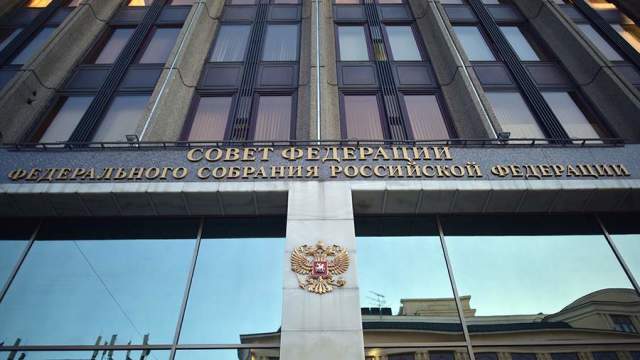The US statement about Russia's alleged deployment of missiles in Europe is unfounded. This was announced on October 14 by the Vice-speaker of the Federation Council Konstantin Kosachev.
"Another unfounded statement, an attempt to shift from a sick head to a healthy one. It is necessary to discuss relevant issues at expert consultations, and not through "megaphone diplomacy", especially when she has only a megaphone from diplomacy," RIA Novosti quotes the senator.
Earlier, on October 14, Jeffrey Eberhardt, the special representative of the US President for nuclear nonproliferation, demanded that the Russian Federation remove from Europe the missiles that are allegedly stationed there, since this goes against the Treaty on the Elimination of Intermediate-Range and Shorter-Range Missiles (INF). This is how the special representative answered the question about how the administration of US President Joe Biden treats the initiative of Russian leader Vladimir Putin to impose moratoriums on the deployment of medium-range and shorter-range missiles in Europe.
Corresponding member of the Academy of Military Sciences of the Russian Federation Vladimir Kozin, in an interview with Izvestia, noted that Eberhardt's statement was not based on anything. According to him, the United States did not provide any documentary data either two years ago, or a year ago, or now.
On March 12, Russian Foreign Ministry spokeswoman Maria Zakharova said that the possible deployment of American ground-based missiles in the Asia-Pacific region could lead to a new round of the arms race with unpredictable consequences.
The Treaty on the Elimination of Intermediate-Range and Shorter-Range Missiles was concluded between the USSR and the United States in 1987 and prohibited the two States from producing and deploying intermediate-range and shorter-range ballistic and cruise missiles.
In February 2019, Washington began the procedure for withdrawing from the INF Treaty, accusing Moscow of not fulfilling the points of the document due to the presence of the 9M729 missile, whose flight range allegedly exceeds permissible norms. In the Russian Federation, these accusations were rejected and expressed readiness to demonstrate the missile that raised questions, but they did not meet halfway in the United States.

